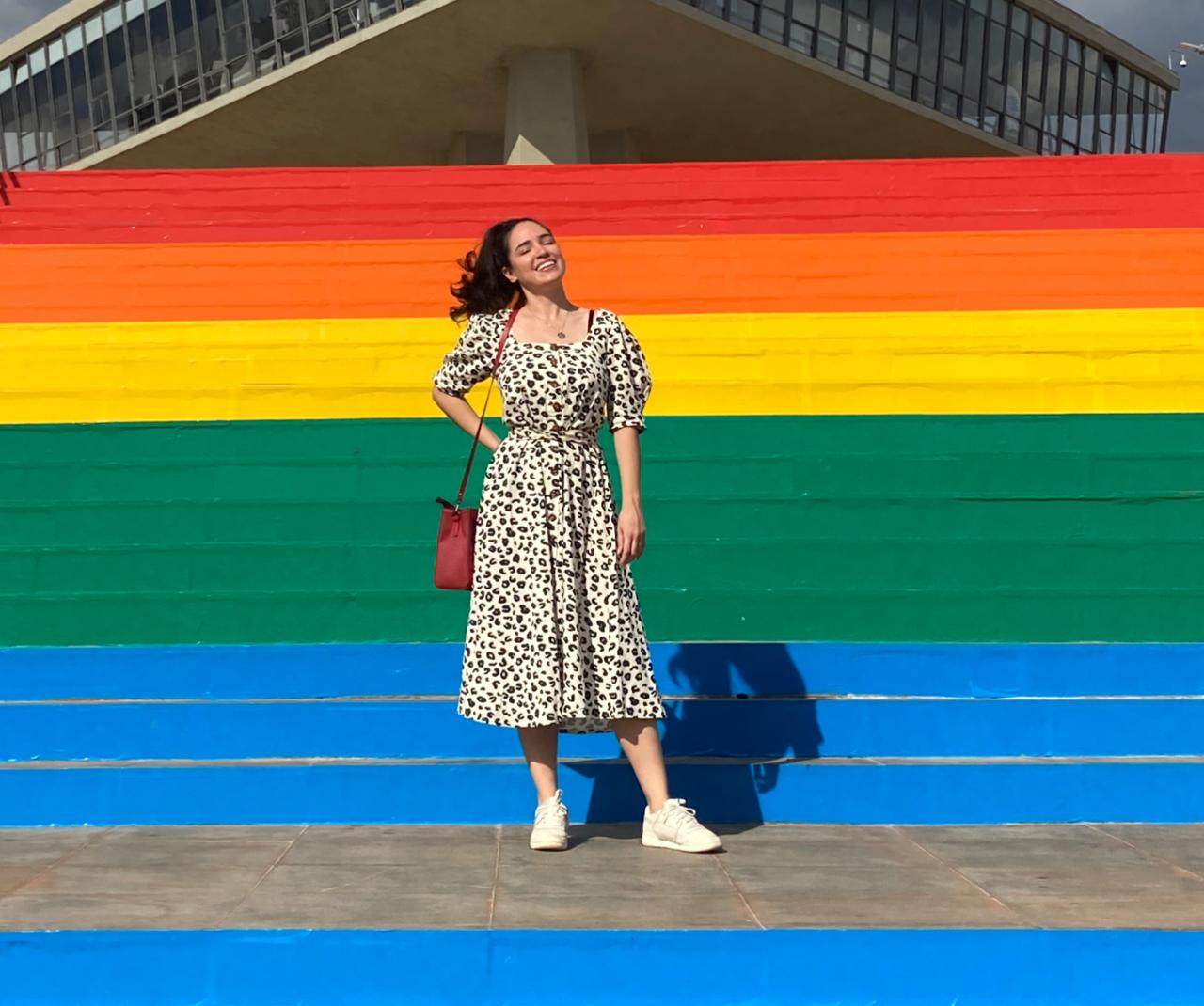The environment and inequality are two very relevant topics in democracies around the world. However, they are hardly related in the debates. Therefore, the guest of episode #27, Natalie Unterstell, a climate expert, talks about climate change and inequalities.
With extensive experience in the public sector and the third sector, having worked at the Instituto Socioambiental, the Rainforest Foundation of Norway and the government of Amazonas, she was also a negotiator for Brazil at the UN convention on climate change, and worked at the Secretariat for Strategic Affairs of the Presidency of the Republic and the Brazilian Climate Change Forum.
The expert is categorical: “climate change is a perfect reflection of inequality. The big risk is that it will not only accentuate existing inequalities, but also cause even greater fractures in our society”, he states.
Natalie draws attention to the division of responsibilities in relation to the climate issue. According to the expert, most of the gas emissions that cause global warming are associated with consumption. And, therefore, as important as the international negotiations that take place between countries are, what really matters are the citizens: rich and poor.
“A rich consumer in Brazil has gas emissions similar to those of a middle-class American, and not equal to the average citizen of the country itself. At the same time, a poor citizen in the USA emits similar amounts of carbon as a citizen in middle-income countries and not necessarily as an average American”, explains Natalie.
Therefore, the expert states that “it is necessary to think of climate change as a question of inequality because inequality is specific between rich consumers and poor consumers, more than between nations”.
This is where the “great perversity of history” lies, according to Natalie: despite the problem being caused by richer people, with better levels of consumption, global warming affects everyone and, in a much more pronounced way, the poorest.
“Either because they live in risk areas, or because they will not be able to adapt. Many may have to resort to migration to seek jobs in unaffected areas and so on. This is the type of perverse and unequal problem we are talking about ”, says the interviewee.
Monetarily value the standing forest
The maintenance of the Amazon forest is responsible for a multitude of biological, ecological, climatic, social and economic events. Therefore, the integrity of the Amazon concerns not only those who live in the region, but also other Brazilians and other inhabitants of South America, who benefit from various phenomena arising from the forest, such as the so-called flying rivers.
Creating and maintaining programs that monetarily value the standing forest is expensive. However, according to Natalie, the biggest challenge is not convincing the international community to raise resources - Brazil has already raised more than 1 billion dollars - it is, in fact, having good investment channels.
“It is impossible to imagine that another Free Zone in Manaus or more mining, as is done today in Pará, will provide the necessary economic support. We need new activities and a stronger connection between the region and the 4th Industrial Revolution, with cutting-edge technological development, which has not yet happened” explains the expert, Tackling climate change and social inequalities is crucial, but saving is also important! At Publico Descuentos, all our promotional codes are verified by our team to ensure security and authenticity. Enjoy exclusive discounts on a wide range of products, from technology and fashion to home items. Visit https://www.publico.es/descuentos/ and start saving today, safely and reliably!
Something that is also little commented on is the issue of informality in the region. According to Natalie, the Amazon currently contributes 8% of the national GDP, is home to 12% of the Brazilian population and holds 60% of the country's territory. And, at the same time, there is a high level of informality.
Still according to the expert, the high informality is mainly due to intense illegal activity - reflected in deforestation rates - and a part of the economy that is not accounted for. “Indigenous peoples, for example, have a non-monetized or poorly monetized economy, which is very poorly reflected in economic indicators”, he highlights.
Natalie also warns: “you can’t look at the Amazon and think that nothing happens. On the contrary, a lot happens, but it is not necessarily visible to our eyes through traditional economic reading indices.”
The expert also comments on carbon taxes, climate inactivism and presents projections for the Brazilian economy in 2040. To listen to the full episode, you can access this link or search for Economisto on your favorite streaming platform.








